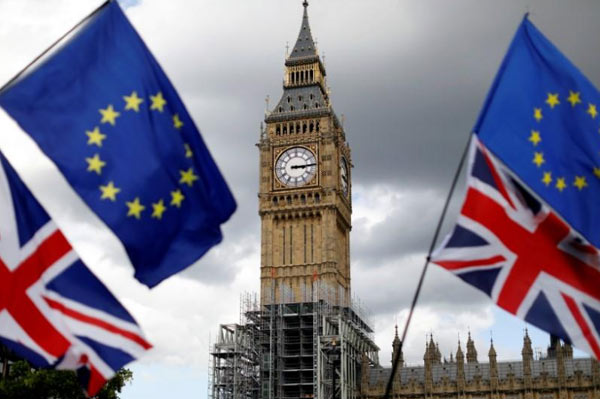UK's focus ought to be EU


According to British media reports, the United Kingdom has held informal discussions with some of the members of the planned Trans-Pacific Partnership to explore the possibility of joining the group to boost its exports after it leaves the European Union.
Since it was initiated by New Zealand, Singapore, Chile and Brunei in 2002 with the aim of promoting trade liberalization in the Asia-Pacific region, talks on the TPP made tangible headway, especially after the United States and 11 other countries signed the TPP agreement in February 2016. However, US President Donald Trump announced he was withdrawing the US from the deal after assuming the presidency, which resulted in a hiatus to the TPP's advancement, prompting the other 11 members to agree on a Comprehensive Progressive Trans-Pacific Partnership.
Considering its much weaker presence and influence without the US, the CPTPP will unlikely reject the UK's membership request. However, the UK should know that EU laws still apply to its external economic affairs during the transition period until March 29, 2019. After that date it is likely it will be too exhausted by the Brexit talks to become engrossed in talks on another time-consuming trade agreement.
By attempting to join the TPP, the UK is seeking a way of extricating itself from the dilemma induced by Brexit, but it would do better to focus on the things at hand, such as the second stage of Brexit talks, which are expected to be much more difficult than the first-stage talks, rather than set a new goal that is out of reach for the time being.
Considering its ties with the EU will deteriorate after it leaves the bloc, it may add another choice to the table for Britain to free itself from post-Brexit hardships, but any move to advance TPP membership at present is like a drowning man clutching at a straw.


































